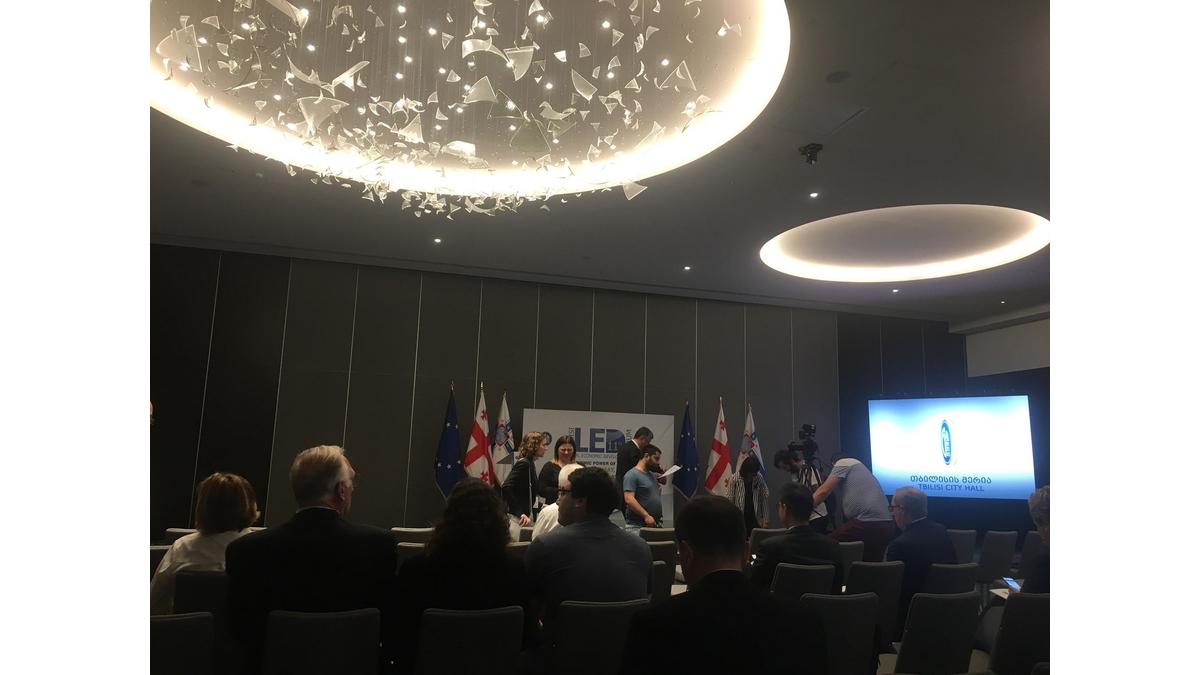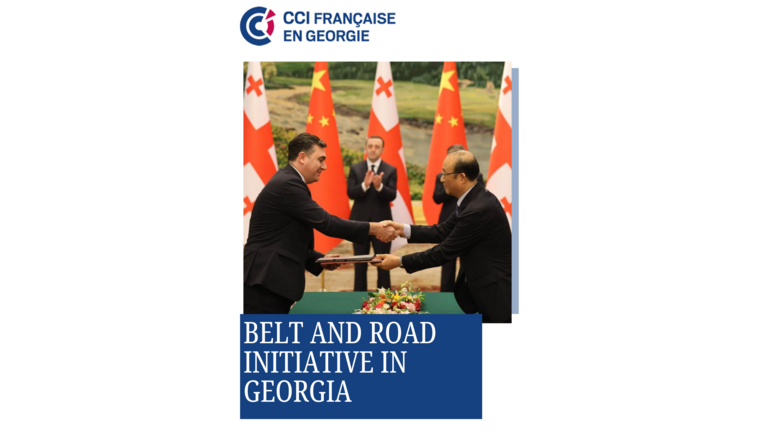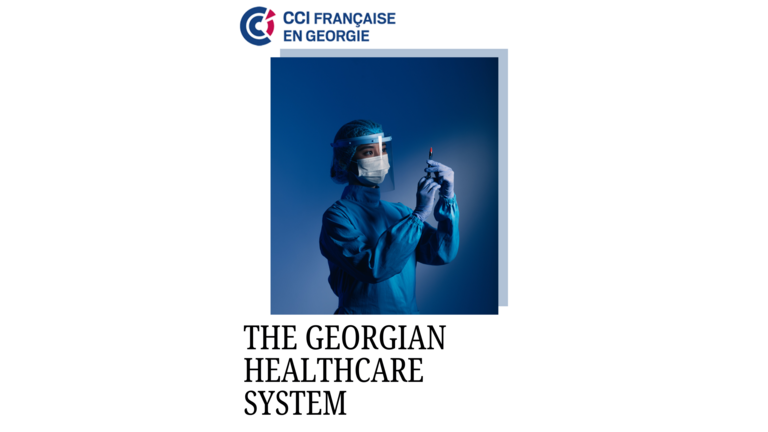Sektoren & Märkte • Sectors & markets
ECONOMIC POWER OF CITIES

Green/Sustainable economy
ECONOMIC POWER OF CITIES
31 May 2019
On May 31s,t took place the 11th Local Economic Development Forum that was held by the Tbilisi City Hall at the Sheraton Hotel. The forum revolved around urban planning and sustainable development of Georgia.
According to the mediator, Aleksandre Togonidze, Head of Urban Development Department at the Tbilisi City Hall, Georgia is behind global trends concerning sustainable and urban development, which is why it is important to develop many projects in this field, hence this forum gathering important figures in these sectors.
The Mayor of Tbilisi, Kakha Kaladze underlined the huge economical potential of Georgia, but he also stated the different difficulties and challenges that the country faces, slowing down it’s economic development. That is why, Georgia needs cooperation between private and public entities to boost its economic development.
The World Bank was represented by Mercy Tembon, Regional Director for the South Caucasus for the World Bank. She states that the main goal of the World Bank is to improve the economic future of the country and the citizen’s quality of life. Their vision focuses on developing Tbilisi as a green, modern and innovating city. They therefor give advice and support different initiatives such as Georgia’s green energy sufficiency projects. In order to develop in an ecologic and sustainable way, Tbilisi could follow the World Bank’s green city frame work. Their recommendation is that the urban development and the city of Tbilisi have to work in an all-inclusive way by including all cities and villages in its development.
The Asian Development Bank was also a guest at the forum. It was represented by Yesim Elhan-Kayalar, Country Director, Georgia resident Mission and Manoj Sharma, Chief Urban Sector Group, Sustainable Development and Climate Change Department. They supported the creation of roads, focusing on urban development with urban transport strategies. For example, 200 million dollars were mobilized for transportation and the rehabilitation of the metro in Tbilisi. The ADB developed an urban plan for Tbilisi in 2019. ADB’s vision, expressed by the country director, is to make the cities more livable by improving the infrastructures, helping in the adaptation of climate change and strengthening urban development. According to the ADB, a city has to be competitive in order to properly develop. A city has to be a magnet for investors and business. ADB is also founding the government in the sectors of water, energy, tourism, etc. The bank has a program put it place with the goal of developing tourism in Georgia.
The Tbilisi City Hall wants to transform Tbilisi towards sustainable development. The Tbilisi City Assembly makes decisions for the city. The Tbilisi City Hall presented the new Tbilisi land use master plan that aims to reduce carbon dioxide emission. That master plan is based on 4 pillars;
- a green city (increase forest zones),
- mobility (well-connected city),
- compact
- resilience.
The new transport policy, for example, aims to reduce air pollution and decrease the use of private vehicles. The Tbilsi City Hall also has a project of rehabilitation of parks (Digomi, Temka, Arselnali, etc.) and is currently looking to process with the waste management issues. As of today, the Tbilisi City Hall is working on 23 projects in city planning, 11 in economic development, 15 in transport and 18 inenvironmental sector.
The Head of European Investment Bank, Maciej Czura, underlined the importance of improving air conditions and living conditions in Georgia, especially after the floods of 2014.
Ana Ardelean, Chief Resilience Officer at the Tbilisi City Hall highlighted the resilience strategy for 2030 for Tbilisi. This plan comes with a road map to articulate the city in case of shocks or stresses. It aims to help the city in case of shocks (earthquakes, floods) or stresses (unemployment) that could strike the city. Urban resilience is the capacity of individuals, businesses, entities, government to survive together. It relies on three pillars:
- First of all, the city should be protected and safe, by for example setting emergency respond plans to shocks.
- The second pillar is to improve the cities connections and accessibilities, thus by developing touristic sectors for instance.
- The last pillar is that the city adapts itself better to climate change, with for example the park rehabilitation programs.
Stephen Passmore, Chief Executive Officer in the company Resilience Brokers continued with the resilience strategy. The Resilience Brokers company is a UK based network organization that aims to speed up urban/rural development. This company brings together different departments such as energy, transports, etc. in order to work on a co-development process. It works to build tools to see how the population reacts with resources on a regional and a national scale. Resilience Brokers company uses open data spaces to build up a sophisticated image and recreation of the city. Therefor, this technology allows to design the impacts when a shock occurs (earthquake, flood), and enables to look at the interconnections of sectors and departments to work together to rebuild and prepare.
According to Tom Lindsay, Strategy Delivery Manager for 100 Resilient Cities, shocks and stresses prevent a city from being prosperous. Whether the events are environmental, social, political, etc., they can have an economic impact no matter what. That is because shocks and stresses are inter-dependent. Acknowledging them can create more resilience development (as in understanding them and preparing for them). The Local Economy Development plan needs to anticipate, mitigate and manage acute stresses and shocks.
Mehrnaz Ghojeh, Special Projects Manager, Inclusive Climate Action Program, C40 Cities declares that with today’s economy, human beings are pushing the planet beyond its limits. In Georgia, mostly in sectors of agriculture and energy. According to her, climate change is undoing half a century of development and human beings have a 12 years period to act. Planning a green transition in a complex and uncertain global economy is a big challenge. Humanity has to stay in a safe space between the ecological ceiling and social foundations in order to survive.
Programs of “Green cities” have been tested and financed by the Partnership Fund, a financial institution of Georgia, represented by its CEO David Saganelidze. They are planning to develop a modern and green neighborhood with a reusable and sustainable energy system, firstly in the area of the Tbilisi Sea and in the future in the region of Kakheti.


